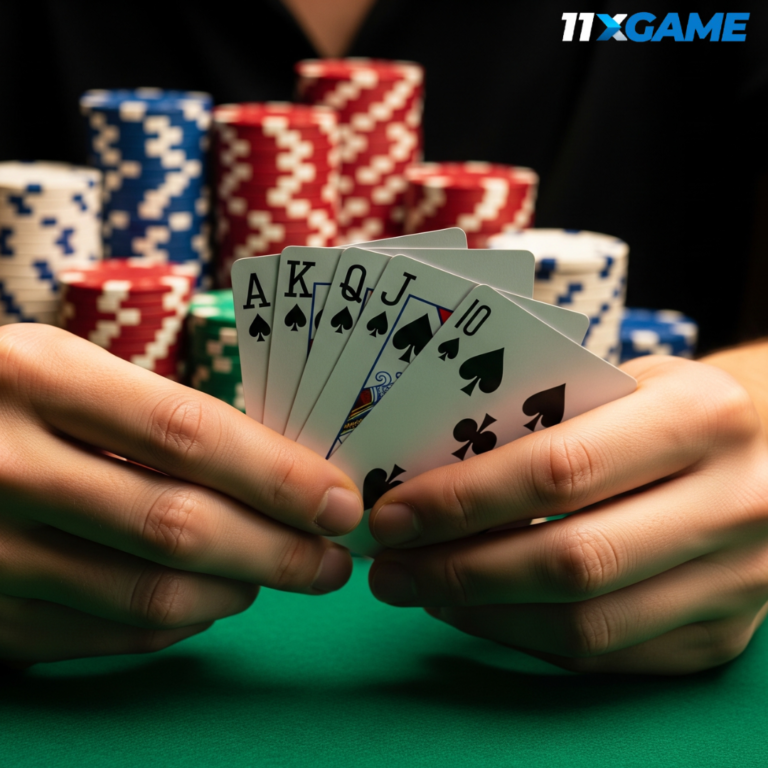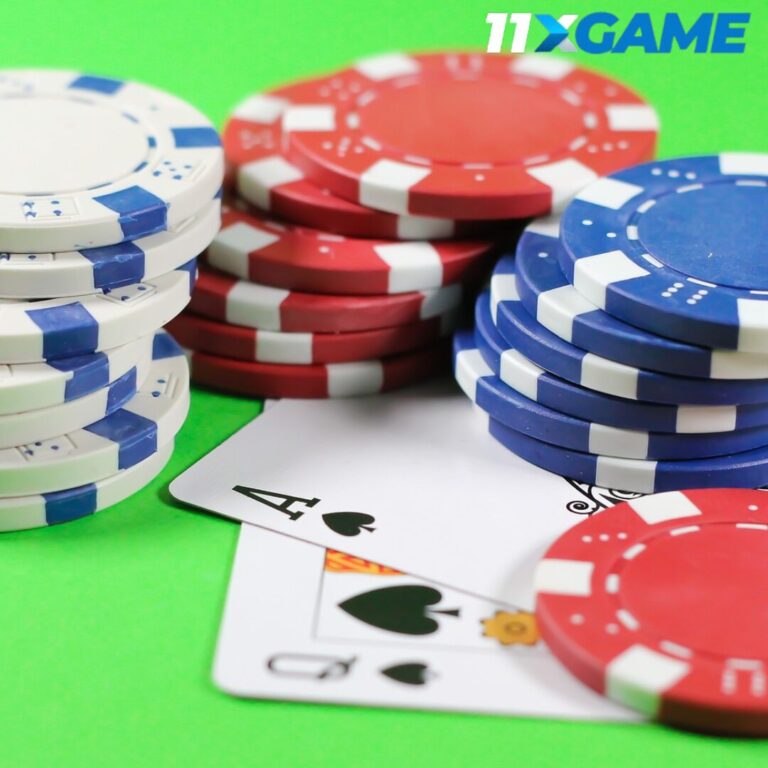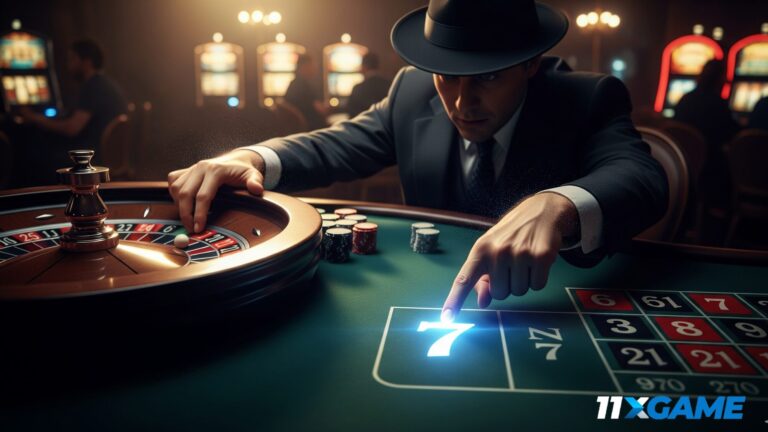Top Casino Strategies Experts Use and Common Mistakes to Avoid
Casinos have fascinated people for centuries, offering a mix of entertainment, risk, and opportunity. While some players approach gambling purely for fun, others seek to apply strategies to maximize their chances of winning. Understanding how experts approach casino games, and the mistakes casual players often make, is key to responsible and informed betting. This article explores the top casino strategies experts use, how to manage risk, and common pitfalls to avoid.
Why Expert Strategies Matter in Casinos
Casinos are designed to make money for the house, but experts use probability, psychology, and strategy to tilt the odds slightly in their favor or at least minimize losses:
- Risk Management: Protecting the bankroll and avoiding emotional bets.
- Probability-Based Decisions: Choosing games and wagers with better odds.
- Maximizing Value: Identifying high RTP slots, favorable table games, and promotions.
- Emotional Control: Avoiding impulsive bets influenced by wins or losses.

Step 1: Understanding Game Mechanics
Experts first analyze the rules and mechanics of each game, because strategy differs drastically across casino games.
Slot Machines
- Return to Player (RTP): The percentage of money returned to players over time; higher RTP is better.
- Volatility: Low volatility slots give frequent small wins; high volatility offers rare but big wins.
- Bonus Features: Free spins, multipliers, and jackpots influence payout expectations.
Roulette
- Wheel Type: European roulette (single zero) has a lower house edge than American roulette (double zero).
- Bet Types: Even-money bets (red/black, odd/even) vs. number-specific bets; experts choose based on risk appetite.
- Odds Understanding: Knowing probabilities prevents impulsive betting.
Blackjack
- Basic Strategy: Using charts to decide when to hit, stand, split, or double down.
- Card Counting: Advanced technique to slightly shift advantage by tracking remaining cards.
- Bankroll Management: Experts bet proportionally to their bankroll to reduce risk.
Poker
- Opponent Psychology: Reading tells, bluffing tendencies, and betting patterns.
- Pot Odds & Expected Value: Calculating probability vs. potential reward.
- Bankroll Discipline: Avoiding over-commitment during losing streaks.
Step 2: Bankroll and Session Management
Experts treat money management as a core strategy:
- Set Limits: Define maximum loss and target win per session.
- Bet Sizing: Avoid risking large portions of the bankroll on single bets.
- Session Duration: Short, focused sessions prevent fatigue and impulsive decisions.
- Record Keeping: Track wins, losses, and bets to refine future strategy.
Example: A slot player with a $500 bankroll might only wager $5–$10 per spin, stopping after a $100 loss or $200 gain to maintain discipline.
Step 3: Applying Mathematical and Probability-Based Strategies
Casino experts rely on mathematical principles to optimize decision-making:
Slots
- Select machines with high RTP and medium volatility.
- Avoid chasing “hot” or “cold” streaks; each spin is independent.
Roulette
- Use outside bets (even/odd, red/black) for higher probability wins.
- Avoid “systems” like Martingale without considering bankroll limitations.
Blackjack
- Play using basic strategy charts.
- Adjust bets slightly based on counting advantage.
Baccarat and Craps
- Focus on low house edge bets: banker bets in baccarat, pass/don’t pass in craps.
- Avoid risky proposition bets with high volatility and poor expected value.
Step 4: Understanding Psychological Triggers
Casinos are designed to manipulate player psychology, but experts stay aware of these tactics:
- Near-Misses: Slot machines often simulate “almost wins” to trigger continued play.
- Environmental Design: Bright lights, ambient noise, and lack of clocks encourage longer play.
- Comps and Loyalty Programs: Create a sense of reward, influencing continued betting.
- Emotional Reactions: Winning streaks can inflate confidence; losses can prompt risky bets.
By recognizing these factors, experts maintain emotional discipline, avoiding impulsive decisions.
Step 5: Timing and Game Selection
Experts also carefully select games and timing for optimal play:
- Slot Selection: Choosing machines with higher RTP and payout history.
- Roulette Timing: Avoiding “betting streaks” myths; focus on probabilistic consistency.
- Blackjack Tables: Selecting tables with favorable rules (e.g., dealer stands on soft 17).
- Avoid Peak Fatigue: Playing when well-rested improves decision-making and reduces impulsive bets.
Step 6: Combining Strategy with Psychology
Top casino experts integrate risk management, mathematical strategy, and psychological awareness:
- Rational Bet Placement: Avoid chasing losses or reacting emotionally to wins/losses.
- Session Discipline: Sticking to predetermined loss/win limits.
- Data Tracking: Recording outcomes to refine strategy over time.
- Game Knowledge: Deep understanding of mechanics reduces reliance on luck.
Example: A blackjack player may increase bets slightly when card counting indicates a high proportion of high-value cards remaining, while staying within bankroll limits.
Step 7: Common Mistakes Casual Players Make
- Chasing Losses: Leading to larger and uncontrolled losses.
- Ignoring Odds: Betting on low-probability outcomes without strategy.
- Emotional Betting: Reacting impulsively to wins or losses.
- Overestimating Skill in Random Games: Slots and roulette are mostly luck-based.
- Neglecting Bankroll Management: Failing to set limits often results in financial strain.
- Misreading Promotions: Thinking free spins or comps guarantee profit.
Step 8: Tools Experts Use
- Slot RTP Databases: Compare machines and select optimal games.
- Blackjack Strategy Charts: Reduce decision errors.
- Bankroll Management Software: Track sessions, wins, losses, and bet sizes.
- Casino Analytics: Advanced players may analyze table outcomes or trends for patterns (though outcomes are probabilistically independent).
Step 9: Practical Example of Expert Casino Strategy
Imagine a player at a casino:
- Game Mix: Slot machines, roulette, and blackjack.
- Bankroll: $1,000 total, divided for separate games.
- Session Plan:
- Slots: $300, medium volatility machine with 97% RTP.
- Roulette: $200, even/odd bets on European wheel.
- Blackjack: $500, basic strategy with conservative bets.
- Limits: Stop-loss of 20% of bankroll per game.
Expert Approach Outcome:
- Minimizes risk and prevents impulsive losses.
- Maintains controlled exposure across multiple games.
- Maximizes value through RTP analysis and probability-based betting.
(This article is for informational purposes only. Gambling involves risk. Please bet responsibly. Always check local laws before playing & follow the law.)
Final Thought:
Successful casino betting requires strategic thinking, probability understanding, emotional control, and disciplined bankroll management. By avoiding common mistakes and applying expert strategies, players can enjoy gambling responsibly while minimizing losses.
Frequently Asked Questions (FAQ)
Q1. What is the most important skill in casino betting?
A1. Discipline, bankroll management, and understanding probability are key skills.
Q2. Can you beat slots with strategy?
A2. Slots are random, but selecting high RTP and optimal volatility machines improves expected returns.
Q3. What is the safest game in a casino?
A3. Games with low house edge like blackjack (with basic strategy) and baccarat banker bets.
“Thanks for reading! For more betting tips, reviews, and updates, visit us at 11xGame and make your sports experience even more exciting.”






